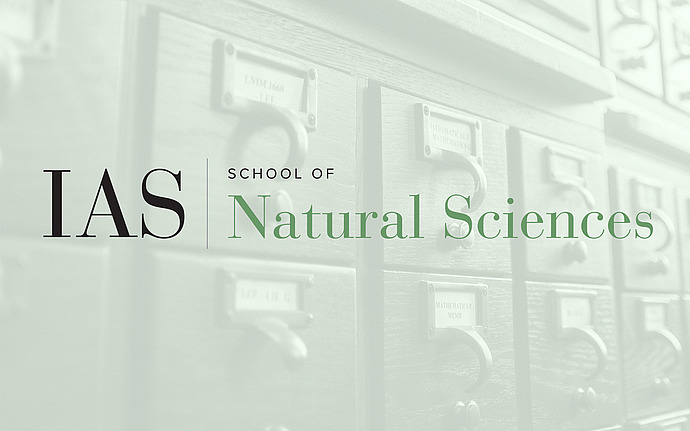
Physics Group Meeting
Disordered Electronic Systems: Some Illustrative Vignettes
The physics of systems with quenched random disorder reveals behavior qualitatively different from that found in systems with translational symmetry, continuous or discrete. The seminal work by Anderson over six decades back [1] established the phenomenon of electron localization in a model of non-interacting electrons and showed the existence of a metal-insulator (extended-localized) transition in three dimensions. Since then, a host of interesting phenomena have been uncovered, exploring e.g., the role of system dimensionality, the impact of breaking time-reversal and other symmetries, the influence of electron-electron interactions, and the effects of rare fluctuations.In this talk I will describe some of these through illustrative examples we have explored in the past several decades, using platforms where semiconductors act as the vacuum. I will discuss in particular (i) magnetic behavior of doped semiconductors below and above the insulator-metal transition [2-4], (ii) magnetism in diluted magnetic semiconductors at low electron density [5,6], and, if time permits, (iii) many-body electron localization in two dimensions in the quantum Hall regime [7.8].[1] P. W. Anderson, Physical Review 109, 1492 (1958).
[2] R. N. Bhatt and P. A. Lee, Physical Review Letters 48, 344 (1982).
[3] M. Milovanovic, S. Sachdev and R. N. Bhatt, Physical Review Letters 63, 82 (1989).
[4] R. N. Bhatt and D. S. Fisher, Physical Review Letters 68, 3072 (1992).
[5] Xin Wan and R. N. Bhatt, International Journal of Modern Physics C 10, 1459 (2000).
[6] Mona Berciu and R. N. Bhatt, Physical Review Letters 87, 107203 (2001).
[7] Scott D. Geraedts and R. N. Bhatt, Physical Review B 95, 054303 (2017).
[8] Akshay Krishna, Matteo Ippoliti and R. N. Bhatt, Physical Review B 89, 041111(R) (2019); Physical Review B 100, 054202 (2019).
[2] R. N. Bhatt and P. A. Lee, Physical Review Letters 48, 344 (1982).
[3] M. Milovanovic, S. Sachdev and R. N. Bhatt, Physical Review Letters 63, 82 (1989).
[4] R. N. Bhatt and D. S. Fisher, Physical Review Letters 68, 3072 (1992).
[5] Xin Wan and R. N. Bhatt, International Journal of Modern Physics C 10, 1459 (2000).
[6] Mona Berciu and R. N. Bhatt, Physical Review Letters 87, 107203 (2001).
[7] Scott D. Geraedts and R. N. Bhatt, Physical Review B 95, 054303 (2017).
[8] Akshay Krishna, Matteo Ippoliti and R. N. Bhatt, Physical Review B 89, 041111(R) (2019); Physical Review B 100, 054202 (2019).
Date & Time
November 06, 2019 | 1:45pm – 3:00pm
Location
Bloomberg Hall Physics LibrarySpeakers
Ravindra Bhatt, Institute for Advanced Study
Affiliation
Member, School of Natural Sciences, IAS; Princeton University